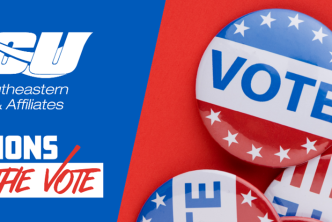With the 2016 Alabama Legislative Session officially over, legislators are now back in their districts and taking time to look back at what was accomplished during the last four months. Opinions will vary between legislators and constituents, but the one thing that can be said by all is that Alabama lawmakers did pass two balanced budgets, their one and only constitutional requirement. While legislation on the BP Oil Spill Settlement Distribution and the $800 million prison bond issue were not passed, “that development has reopened the door for additional legislative sessions in 2016.”
The second bill mentioned above was Gov. Robert Bentley’s plan for an $800 million bond issue to build new prisons in Alabama. While no one can argue that the entire prison system needs an overhaul, many in both the House and Senate did not agree that an $800 million bond issue was the way to fix it. The bill, a Senate Bill, had passed both houses in different forms and was in a conference committee for most of the last day of the session. The last hours of the session, an agreement was worked out to lower the bond issue and add some language that provided legislative oversight. While the Senate passed the report of the conference committee, it never made it to the House floor and, like the BP bill, died.
Just as those two bills died on the floor, the one piece of legislation that credit unions were fighting for during the last two days met a similar fate. SB 91, legislation to reform payday lending in Alabama, was scheduled for a vote on the House floor Tuesday. Unfortunately for SB 91 and 20 or so other bills looking to get passed that day, filibustering on the floor of the House made it impossible for the bills to come up for a vote.
Many advocates of the bill began to weaken their support after it was changed in House committee, citing it did not go far enough. There were even rumors that the Senate sponsor would have killed the bill whether it passed the House or not because of those changes. While SB 91 was not the perfect solution to the payday lending crisis, it could have proven to be an important first step. Regardless, it was a successful legislative session for credit unions. Click here for a comprehensive list of all of legislation and outcomes that the LSCU Advocacy Team worked on this session, including the State Act Update, Payday Lending Reform, State Retirement, Data Security, Credit Card Debt, Federal Home Loan Bank, Vessel Titling, and Transportation Network Companies.





